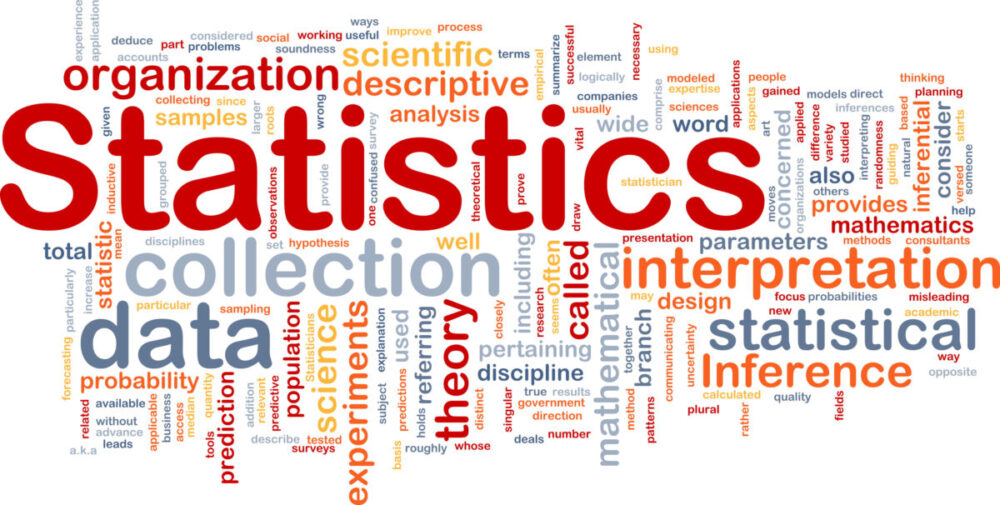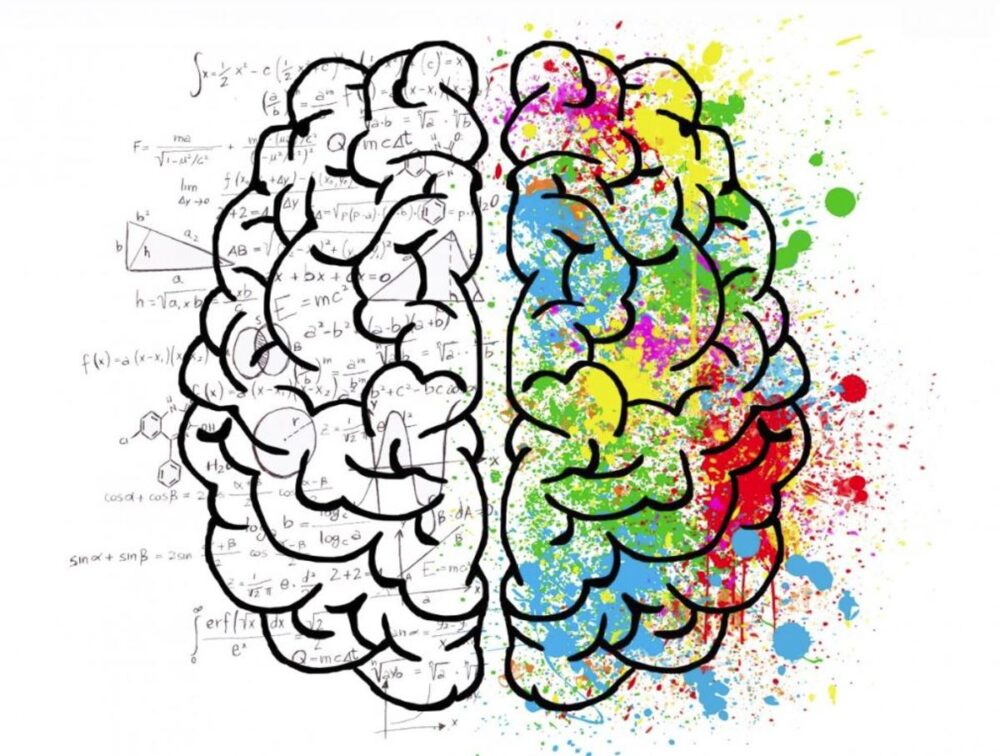
Statistics typically draws the attention of learners who begin a psychology course. They believe that numbers are outdated, but the statistical aspect arises as they progress with their course. The question is in what ways do scientists use statistics, how is statistics important for psychologists.
In the process of studying psychology course, learners will encounter lessons such as research design, basics of research, psychometrics, data analysis, among others which are directly related to statistics. However, these topics do not interest psychology learners.

In almost all disciplines with psychology, not being an exception statistic is used to establish meaningful conclusions from the information collected. Therefore, below are some of the reasons explaining how various statistical approaches can be applied to address multiple types of problems and research questions in psychology studies and why it is crucial to learn statistics in psychology.
Statistics enables learners to draw sense and interpret a large volume of data. For example, consider analyzing a heap of data on how long you have slept? How many students were late for class? How many students have completed their assignments? Therefore, by applying statistics, you can manage and analyze all the data in a meaningful manner.
Also, in psychology, there are a lot of confrontations with large volumes of data. How can a change in one variable affect the other? Is there a technique to evaluate the relationship? Therefore, through statistics, psychologists will be able to respond to such kind of questions by:
- Organizing data. Handling a considerable volume of information can easily overwhelm a person. Therefore, through statistics, psychologists can be able to display data in approaches that are simple to understand. Visual displays such as tables, pie charts, scatterplots, graphs, and frequency distribution enable psychologist undertaking their research to obtain a better overview of information and search for patterns and trends they might miss.
- Breaking down data. Give it a thought on what would happen when psychologists during their study collect considerable data, for example, a countries census. In such a situation descriptive statistics would avail an approach to summarize the facts by breaking the entire data into manageable sizes which for example reveal the number of males, females, or children there are or the number of people who are unemployed and employed.
- Creating inferences based on data. Through the inferential statistics application, researchers can infer data on a particular population or sample. Therefore, psychologists use the information they have gathered to test the hypothesis. By using statistical analysis, psychologists will be able to know the possibility that a hypothesis will be rejected or accepted.

Phycology is an extensive discipline with application in various fields such as education, social business, health sciences, among others. Nonetheless, research fields are less applied fields to generate actual conclusions on an observation. However, psychologists will still need math to determine the relevance of the outcomes generated from the research and tests conducted.
In the absence of statistics in psychology, we would not be in a position to know if the results are accurate and reliable. An accurate technique and statistical research affirm the information collected during the study. This will be of great relevance if we anticipate using the data in real-life situations.
Psychology is a science discipline as a result, there is the need to use an abstract system that enables you to work away from idea and subjectivity. The system is the scientific approach, and one of its major aspects is the application of statistics as a technique. Therefore, teaching psychologists to understand the foundation aspects of statistics in-depth is very crucial.

At the begging of psychology classes, most students believe that statistics has no immediate application. However, sooner than later, they realize they need statistical materials to be able to conceptualize psychology in-depth. Often, they will come across information and statistics from other studies; they will find reliability and validity coefficient of hypotheses applied in therapies and math models of cognitive mechanisms.
For complete dedication towards psychology research, incorporating statistics in the process is crucial to enable you to draw the conclusions gathered during the study. Applying statistics will allow you to determine the extent to which the approach the research has taken is the most suitable. Moreover, you will be able to assess the reliability of the results obtained.
Applied sciences disciplines, among them clinical psychology, requires a permanent development. This implies that we need to acknowledge new developments in the subject. Hence, if you need to know and analyze the conclusions of academic psychology, it is vital to have little knowledge about statistics and methodology. Thus, possessing data analysis and statistical expertise is a necessity for any psychologist.

For you to pass your psychology classes, you have to learn statistics. Through this, you enhance your chances of getting a promising career in the future such as being an educational psychologist, clinical psychologist, forensic psychologist, and counseling psychologist
The perception that psychology is a therapy field that does not need statistics is misleading. From the establishment of new therapeutic approaches to assessing the effectiveness of the approach upon implementation, the statistical analysis presents ways through which conclusions have been made.
According to a survey conducted by Aiken, West, Sechrest, and Reno concerning a range of psychology programs to enable them to understand what was being covered in methodological courses at undergraduate and graduate levels. They found out that while analysis of variance ANOVAs was widely covered, coverage on advanced statistical approaches and measurement issues was absent. Upon revisiting the study, it was found that regardless of initiatives to broaden the methodology courses, the focus on such courses was more on analysis of variance. However, irrespective of some parts of psychology still depending mainly on actual tests, studies in other sections of psychology mostly need different types of statistics past ANOVAs application. Nonetheless, advanced approaches, for example, multilevel modeling, structural equation modeling, and item response theory are crucial to solve contemporary psychology study questions. Lack of capability to use more advanced statistical approaches, students are unable to perform a significant and innovative study.
Find out more at statisticsguruonline.com/stata-assignment-help/







